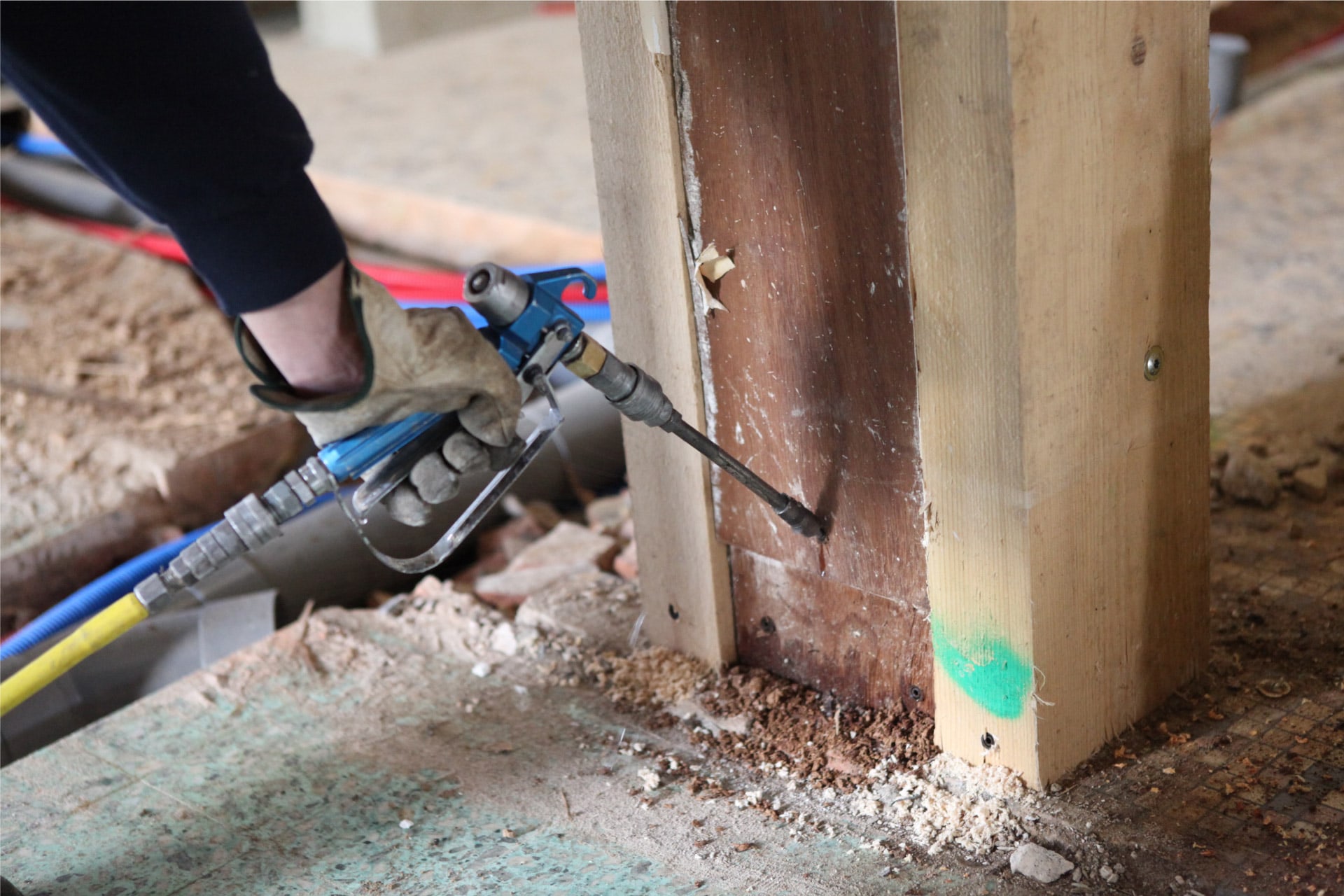Termites can cause extensive damage to homes and properties if left unchecked. These tiny insects feed on wood and can silently weaken the structure of a building over time. In this comprehensive guide, we will explore various strategies for effective termite control, including both chemical treatments and natural remedies. By the end of this article, you will have a solid understanding of how to protect your property from these destructive pests.
Termite Control Methods
When it comes to termite control, there are several strategies you can employ. These methods can be categorized into two main approaches: chemical treatments and natural remedies.
Chemical Treatments
Chemical treatments are often the go-to solution for severe termite infestations. These treatments involve the application of termiticides to the affected areas. Termiticides can eliminate termites on contact and provide residual protection against future infestations. Some common types of termiticides include liquid termiticides, baiting systems, and foams.
Before using any chemical treatment, it is important to consult with a professional pest control service to ensure the proper application and adherence to safety guidelines.
Natural Remedies
If you prefer a more environmentally friendly approach or have concerns about using chemical treatments, natural remedies can also be effective in controlling termites. Here are some natural methods to consider:
- Nematodes: Beneficial nematodes are microscopic organisms that feed on termites and other pests. These can be applied to termite-infested areas to reduce the termite population.
- Orange oil: Derived from orange peels, orange oil contains d-limonene, a compound known to kill termites on contact. It can be injected into termite galleries or applied directly to infested areas.
- Boric acid: Boric acid is a natural pesticide that can be mixed with water and applied to infested wood. Termites ingest the acid, which damages their digestive systems and eventually leads to their demise.
While natural remedies can be effective, they may have limitations in severe infestations. It is best to consult with a professional to determine the most suitable approach for your situation.
Preventive Measures
Preventing termite infestations is crucial for maintaining the integrity of your property. Here are some preventive measures to consider:
- Remove wood-to-soil contact: Termites can easily access your home through direct contact between soil and wooden structures. Maintain a gap between soil and wood, such as by using concrete foundations or metal barriers.
- Address moisture issues: Termites are attracted to moisture. Fix any leaks or water seepage problems promptly to eliminate potential attractants.
- Regular inspections: Conduct regular inspections of your property, paying attention to vulnerable areas like basements, crawl spaces, and attics. Look for signs of termite activity and take preventive action if necessary.
- Termite-resistant materials: Consider using termite-resistant materials during construction or renovations. These materials are treated with chemicals that deter termites from infesting the structure.
Termite-Resistant Construction
If you are constructing a new building or renovating an existing one, consider incorporating termite-resistant construction techniques. These techniques can significantly reduce the risk of termite infestation. Some key considerations include:
- Physical barriers: Install physical barriers, such as stainless steel mesh, beneath the foundation to prevent termites from entering through cracks or gaps.
- Treated wood: Use pressure-treated wood or termite-resistant materials for framing, flooring, and other wooden components.
- Sealant application: Apply sealants and coatings to wooden structures to provide an additional layer of protection against termites.
By implementing these strategies during the construction phase, you can proactively safeguard your property against termite damage.
Conclusion
Effective termite control requires a combination of preventive measures, early detection, and appropriate treatment methods. By understanding the behavior of termites and implementing the strategies outlined in this comprehensive guide, you can minimize the risk of termite infestations and protect your property.
Remember, professional pest control services can provide expert guidance and tailored solutions for your specific needs. Don’t hesitate to seek their assistance when facing severe or persistent termite problems.


